Service
What is Service?
Service can be called different things; community engagement, volunteering, active citizenship...and more! We like the term 'service' as we believe in the value of service. Service as a value includes the intrinsic desire to 'serve'. We see a desire to engage in ‘selfless action performed for the benefit of others’ as a fundamental human quality. We define service as:
‘The voluntary act of addressing community needs and ethically working towards sustainable solutions. A process that involves active consultation and collaboration among stakeholders, leading to reciprocal, respectful, and open-hearted partnerships’.
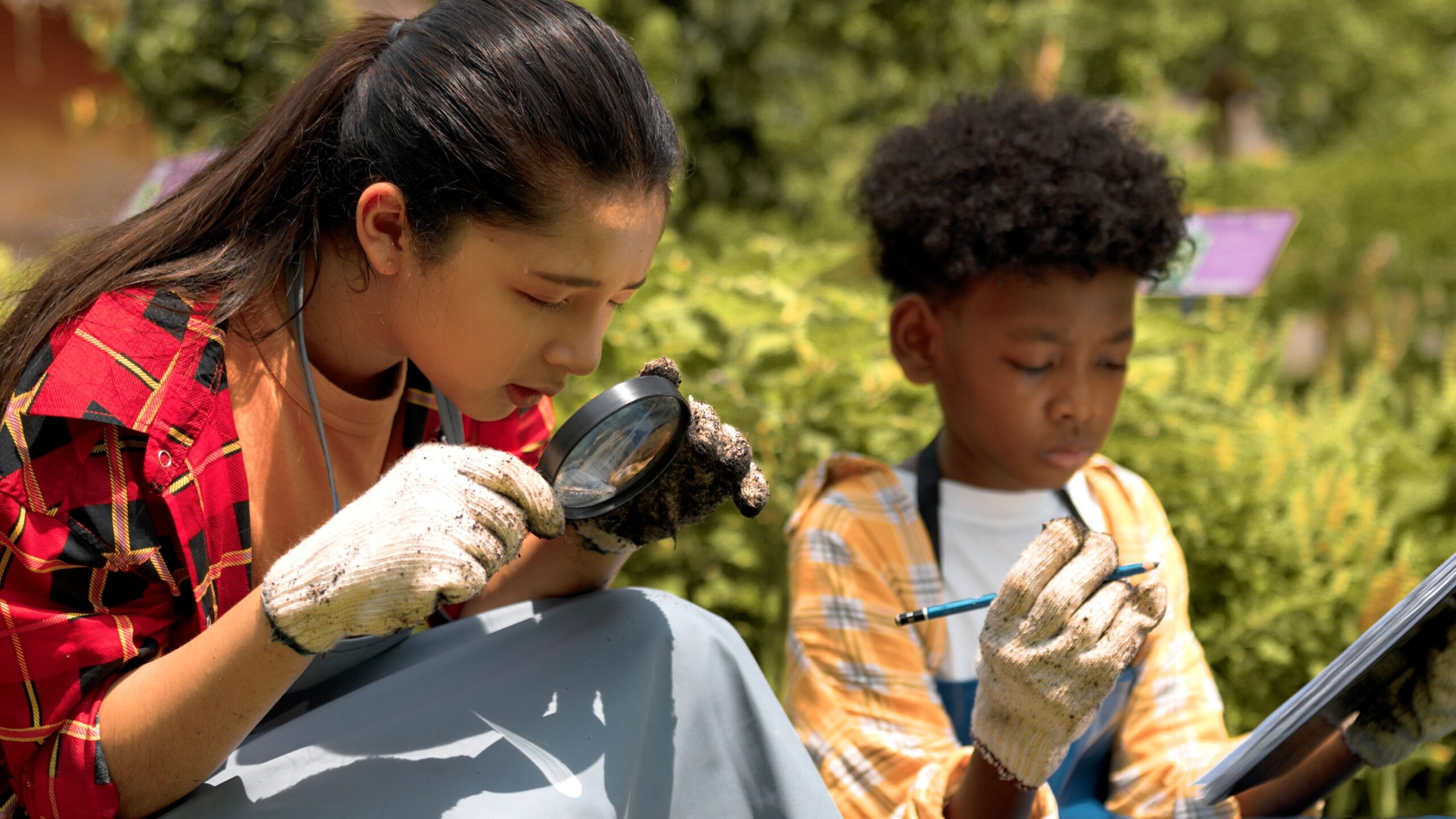
How does Service fit into school curriculums?
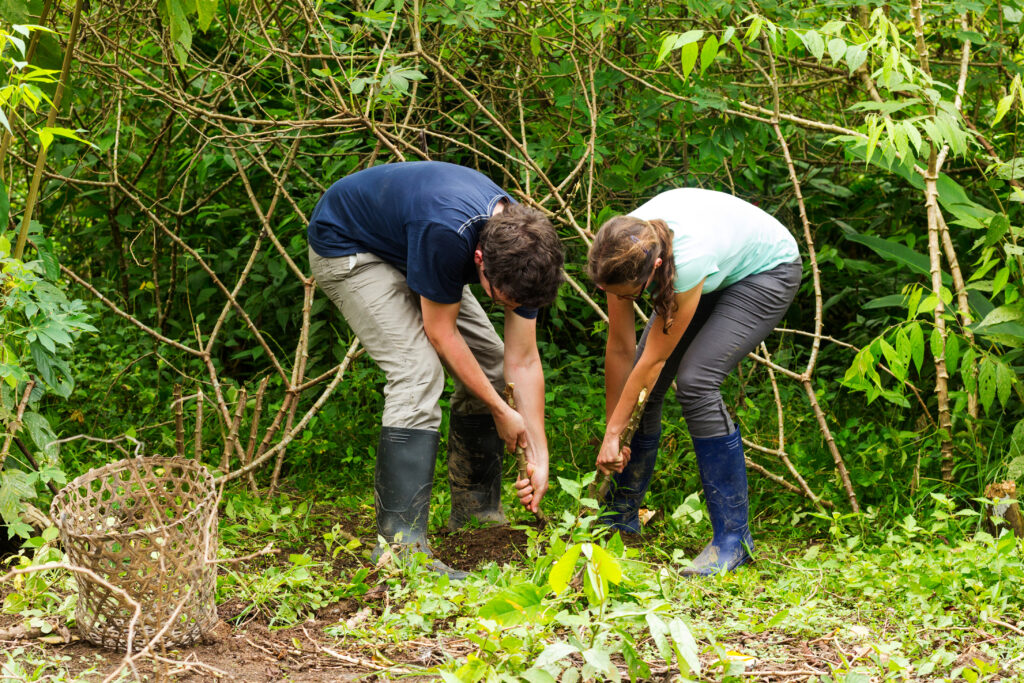
As the saying goes, children are our future, which leads to the question – what are we offering in our schools to support students to develop positive core values and understand, on a deep level, the need to connect with and take action to bring about positive change in the world around them?
Best practice, authentic and meaningful service engagements enable students to participate in experiences that foster their ability to care. They support students to deeply see the world around them. They encourage connection and the building of relationships, breaking down barriers and enabling equality. They allow students to engage with the communities and work alongside people, animals, or the environment.
They allow students to take empowered action as the next generation of changemakers on our planet.
Does service really help communities and students involved?
When executed poorly, no.
Service in schools has the potential to do more harm than good. When students are engaged in tokenistic experiences that are not underpinned by a clear and carefully thought out cycle of learning, service can be a detrimental process that disempowers communities and leads to a false sense of saviourism in students.
Community development is a sensitive and delicate process that needs to be approached with care and awareness, in order to ensure that it is a mutually beneficial experience for all involved.
In order to do this education providers need to ensure that a transparent and thoroughly embedded process underpins all service experiences. This includes plenty of student driven investigation, planning and preparation leading up to the action, and an opportunity for students to demonstrate and share their experiences after the fact. Deep reflection throughout the process is essential. As is thorough consultation and relationship building with the partnering organisation or people representing the community need.
If all of these conditions are in place, the act of service can be a deep and transformational experience for all parties, leading to unforgettable experiences, powerful learning and ongoing global change.
A best practice, innovative service program that uses the Student Agency in Service Method™ (SASM) and is embedded in your school’s curriculum will accelerate your students' learning and impact your community more than any other curriculum area.
Sustainable Development Goals
The Sustainable Development Goals (or The 2030 Agenda for Sustainable Development) offer humanity “the blueprint to achieve a better and more sustainable future for all. They address the global challenges we face, including poverty, inequality, climate change, environmental degradation, peace and justice.”*
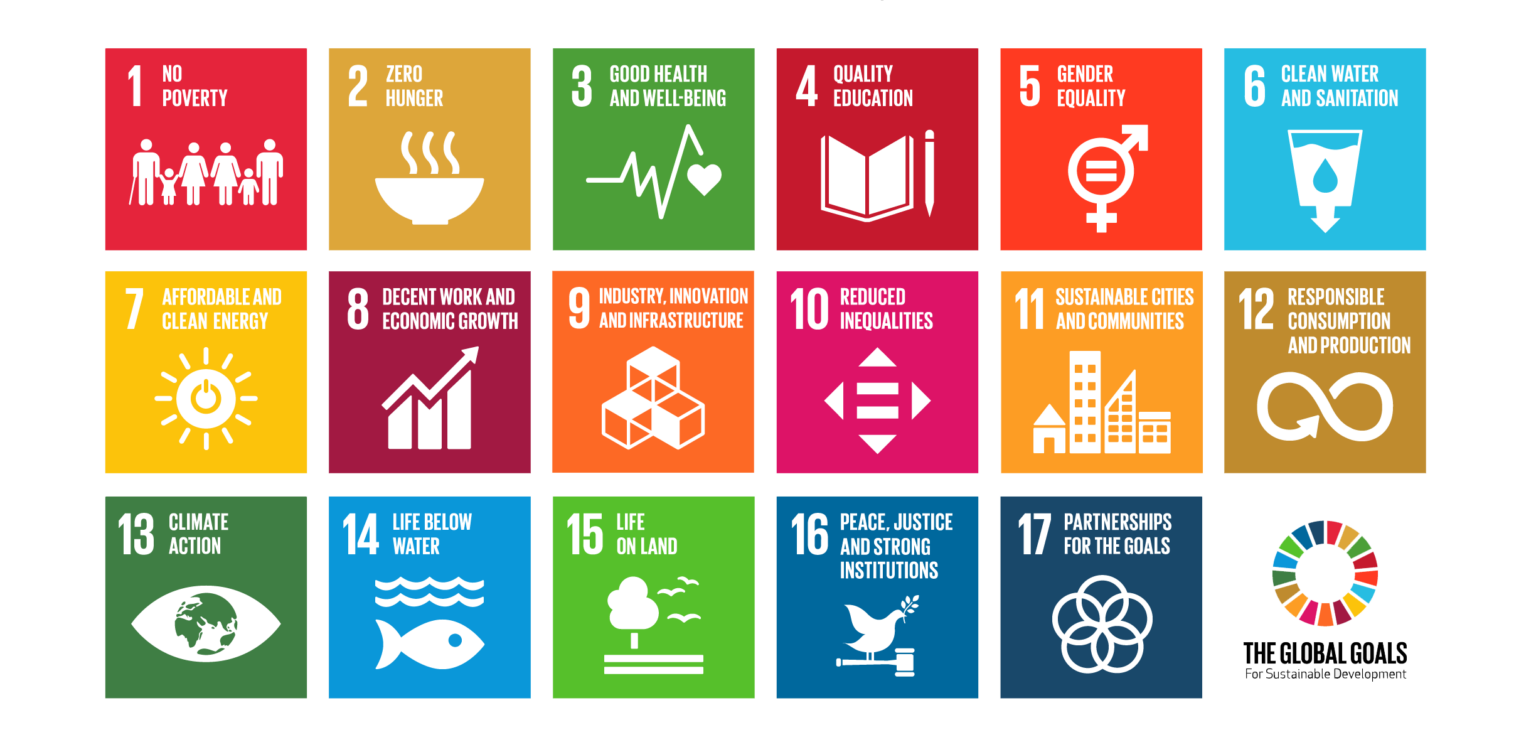
Teaching our young people about the Sustainable Development Goals, and sharing these goals with communities, offers everyone the opportunity to unite in action and work towards this shared purpose of sustained, positive global change. *https://www.un.org/sustainabledevelopment/sustainable-development-goals/
Global Citizenship Education (GCED): nurtures respect for all, building a sense of belonging to a common humanity and helping learners become responsible and active global citizens. GCED aims to empower learners to assume active roles to face and resolve global challenges and to become proactive contributors to a more peaceful, tolerant, and inclusive and secure world.
Education for Sustainable Development (ESD): empowers learners to take informed decisions and responsible actions for environmental integrity, economic viability and a just society, for present and future generations, while respecting cultural diversity. It is about lifelong learning, and is an integral part of quality education.
The 17 Sustainable Development Goals aim to accomplish three things by 2030:

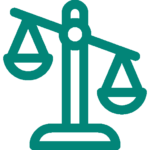
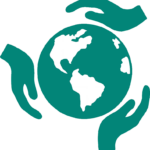
Follow us on our social media pages:
ORENDA
(Oren-da) An innate and sometimes mystical power present in all humans which, once evoked, enables them to consciously affect change in their lives and the world around them. (n.) Iroquois origins.